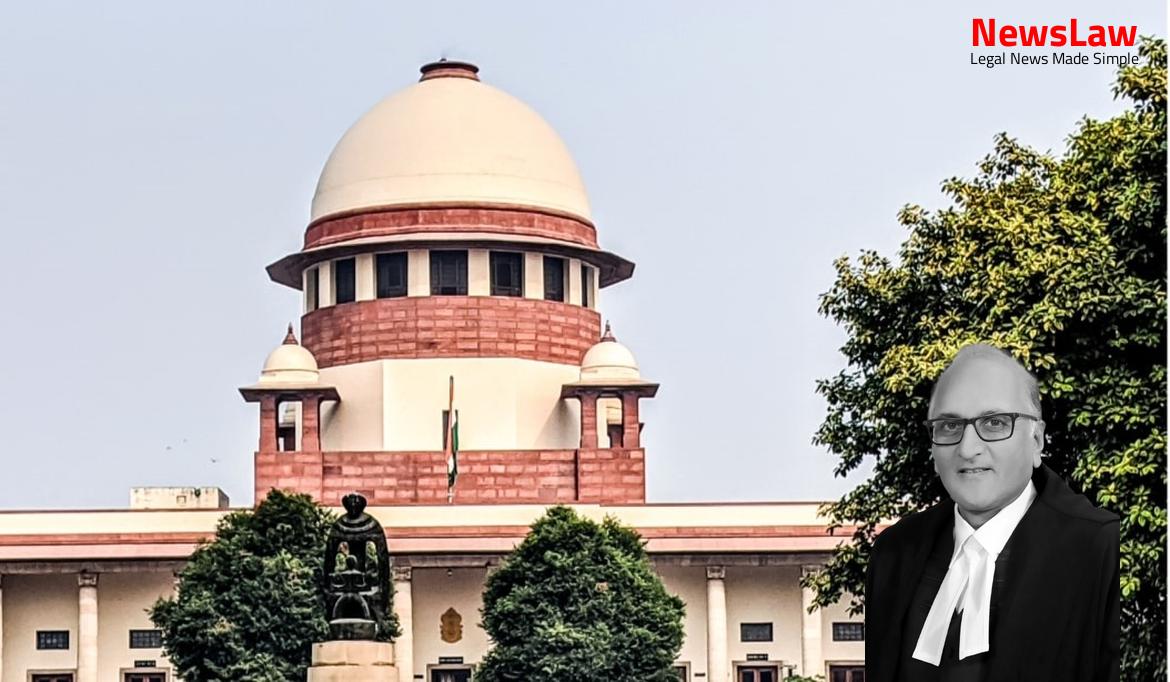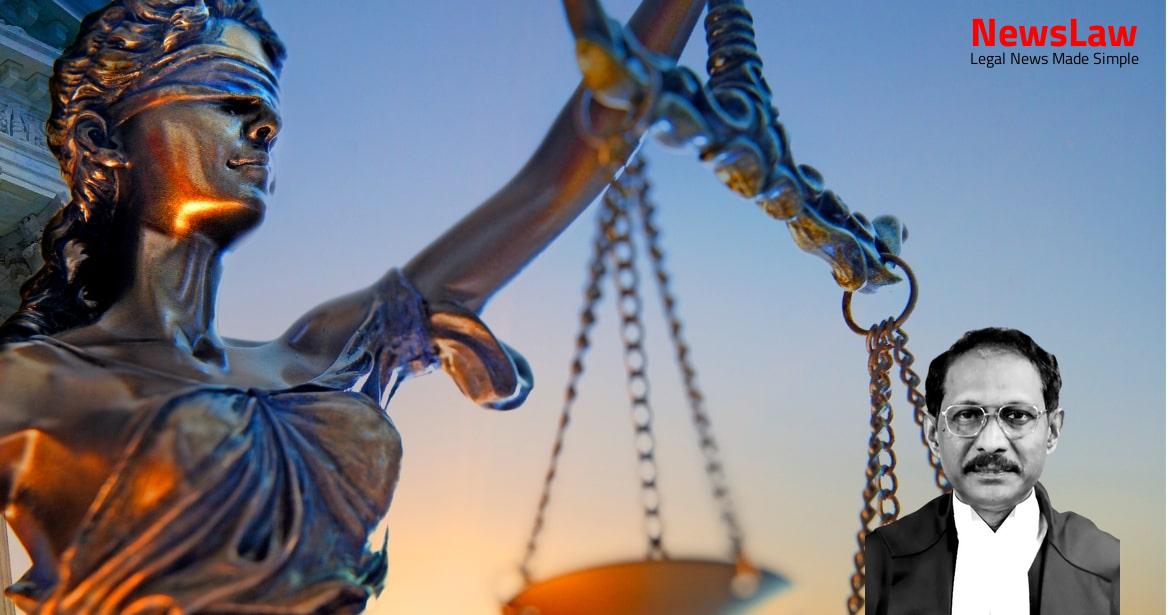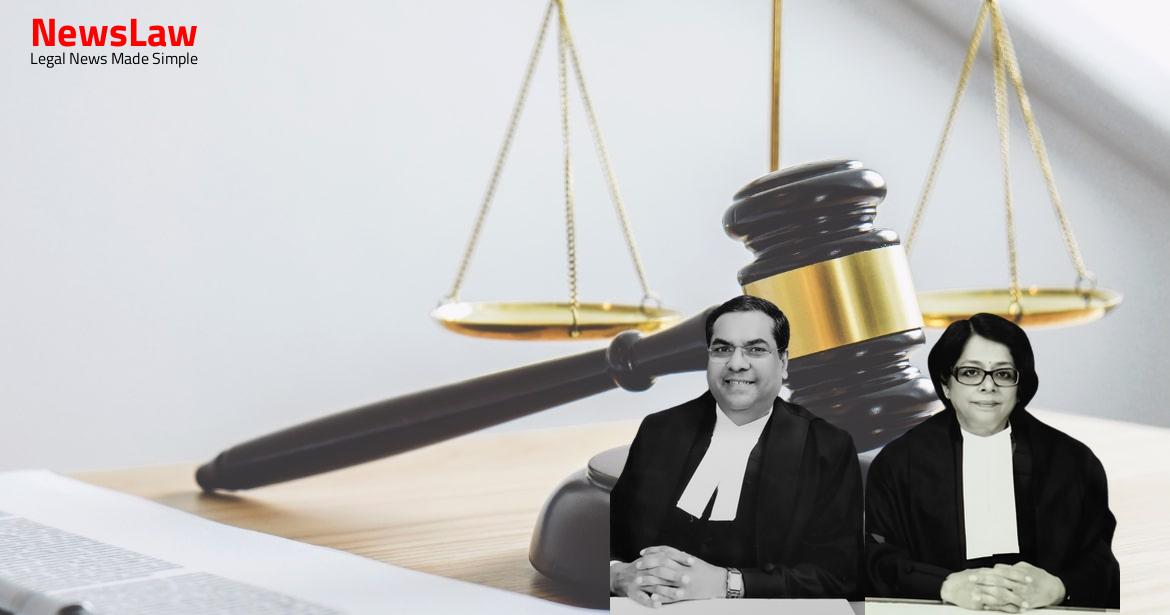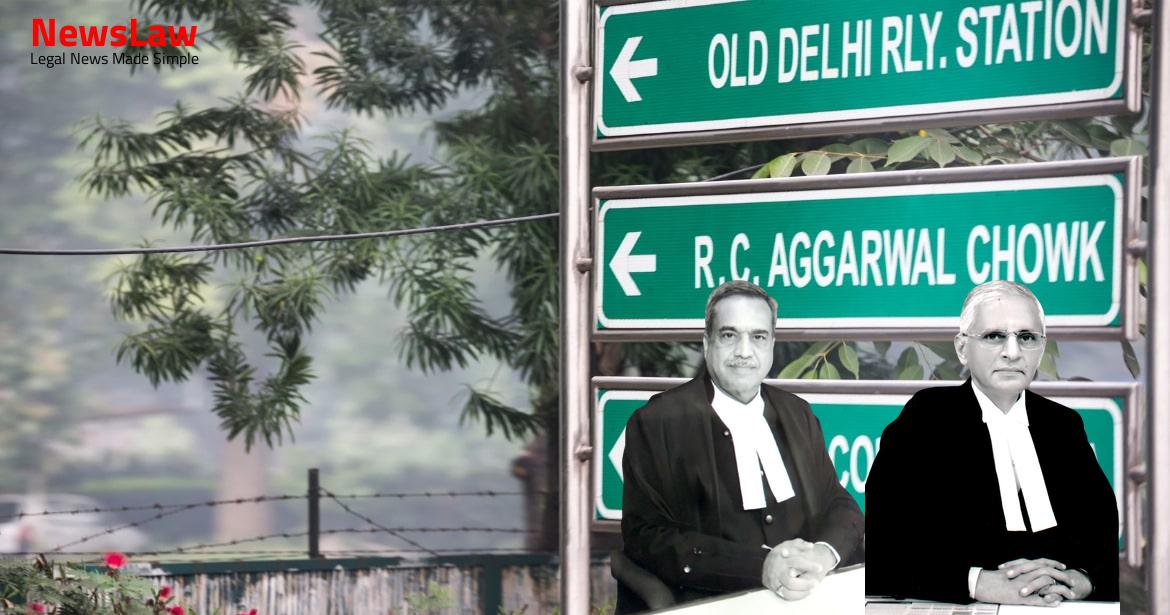In recent legal cases concerning superannuation age statutes in University settings, the Courts have undergone a meticulous legal analysis to interpret the provisions with utmost precision. The detailed scrutiny by the Full Court has elucidated the complexities surrounding the superannuation age statutes, highlighting critical aspects of statutory interpretation and legal principles.
Facts
- The Full Court analyzed Statute No 16.24 of the University which governs the superannuation age of the appellants, who are professors at the University.
- The appellants argued that they were entitled to continue working beyond the last day of the month in which they turned 65 years, citing the provision that allowed them to work until the 30th of June following their superannuation.
- The Full Court deliberated on the interpretation of the statute and concluded that the provision indeed allowed the appellants to work until the 30th of June after attaining the age of superannuation.
- Considering the language and purpose of Statute No 16.24, the Court upheld the appellants’ contention and ruled that they were entitled to work until the 30th of June following their superannuation age.
- The Division Bench interpreted the relevant provisions and held that retirement falling within the month of June extends till the end of June.
- Statute No. 16.24 (2) prohibits extension in service beyond superannuation age.
- Legislative intent emphasized on safeguarding academic activities and students’ interests.
- The judgment rejected the appellants’ plea citing Indu Singh as non-binding.
- Statute No. 16.24 (2.1) allows continuation till the end of academic session if superannuation not on June 30th.
- Impugned judgment found the ‘end of the academic session’ wording misleading and limited the concession to June only.
- Appellants argued for a wider interpretation to avoid disruption and cater to students’ needs.
- High Court’s rejection of Indu Singh’s relevance contested by appellants.
- Effort to continue in office supported by reliance on past cases and statute provisions.
Also Read: Analysis of High Courts’ Jurisdiction and Court Orders Under Article 142
Issue
- The common question arising for decision concerns the correct interpretation of a condition in the respondent-University’s statutes regarding the date of superannuation of its teachers.
Also Read: Electoral Malpractices in Mayor Election
Arguments
- Ms. Shukla argued that a superannuated employee did not have the right to insist on re-employment till the end of June of the next year.
- The expression ‘the 30 June following’ was explained as illustrating that if a teacher reached superannuation in June, they could be re-employed until the end of that month.
- The Division Bench noted and correctly interpreted that the proviso to Statute No 16.24 aimed to ensure teachers retired at the end of the month of superannuation.
- Ms. Shukla urged the court not to interfere with the impugned judgment and referenced the decision in S.K. Rathi v Prem Hari Sharma to support her arguments.
- It was argued that a bench of equal strength could not disregard an earlier decision without proper reference to a larger bench if needed.
- The consistent view of the High Court in other cases related to the same statute was highlighted supporting the differing opinion of the Division Bench from the earlier decision.
- Respondent contended they were entitled to continue as acting principal beyond superannuation age due to a resolution
- Counsel emphasized the main provision that all teachers retire at age 65 and cannot claim re-employment
- The essential principle is that superannuation age is 65, thus no entitlement to re-employment post that age
Also Read: Balancing Power and Transparency: Electoral Bonds Struck Down, Disclosure Mandated
Analysis
- Teachers who are physically and mentally fit and were imprisoned for participating in the freedom struggle of 1942 and are receiving freedom fighters pension can be reappointed for a further two years after their superannuation date.
- Teachers who were reappointed under the previous proviso and have not completed one year after the expiry of their reemployment period may be considered for reappointment for an additional one year.
- The appellants contested an office order dated 21.12.2019 and argued for their entitlement to continue in service until the end of June 2021.
- They referred to a previous judgment – Dr. Indu Singh v State of Uttarakhand – to support their claim.
- The relevant statute states that the age of superannuation for University teachers is 65 years and no extension beyond this age is allowed.
- Teachers whose superannuation date does not fall on June 30 can continue in service until the end of the academic session (June 30) and will be considered on re-employment during this period.
- The court interpreted Statute No 16.24 regarding the superannuation age for teachers.
- Teachers attain the age of superannuation at 65 years as per Statute No 16.24 (1).
- There is no right or entitlement to re-employment for teachers who reach superannuation age as per Statute No 16.24 (2).
- The proviso to Statute 16.24 (2) allows teachers whose superannuation does not fall on June 30 to continue till the end of the academic session.
- The court referenced a case involving an officiating principal where a similar provision was mentioned.
- Different benches of the Allahabad High Court expressed divergent views on the issue due to variations in rules and statutes of different institutions.
- The court ruled that a teacher cannot continue as a principal, overturning the High Court decision allowing it.
- The Government document dated 16th February, 1999, specified the superannuation age for teachers like respondent No 1 as 60 years.
- The impugned judgment is considered to be in error by the court.
- The Uttar Pradesh Basic Education Act, 1972 governs primary schools and service conditions of teachers.
- Rule 29 under the Act specifies the age of superannuation, retirement principles, and extended periods of employment.
- The proviso in Rule 29 allows a retiring teacher to continue working till the end of the academic session to avoid disruption in student education.
- Judgments interpreting local or state laws should not be lightly departed from as per the court’s ruling in previous cases.
- The prevailing understanding upheld by the Uttarakhand and Allahabad High Courts, now confirmed by a full bench decision, is to treat superannuating teachers as re-employed for the benefit of the students.
- Departure from this understanding without proper notice or amendments injects uncertainty and may cause disruption in teaching.
- Statute No.16.24 aims to prevent disruption in teaching staff service mid-session.
- The interpretation in Indu Singh case was correct.
- Decisions in Professor Sri Krishna Khandelwal and Binod Kumar Singh cases were also accurate.
Decision
- Employees who have been superannuated shall be reinstated with full salary for the period they were out of employment.
- They are allowed to continue until the following June on a re-employment basis.
- The appellants are entitled to continue their employment until the end of the following June.
- The appeals have been allowed without any order as to costs.
- The impugned judgment and orders of the High Court are set aside.
Case Title: NAVIN CHANDRA DHOUNDIYAL Vs. THE STATE OF UTTARAKHAND (2020 INSC 604)
Case Number: C.A. No.-003493-003493 / 2020



